High LDL Cholesterol, commonly known as “bad cholesterol”, helps form cholesterol plaques and atherosclerosis, making you more likely to have heart disease. This complete guide explains why LDL cholesterol can be high and how lifestyle factors (an unhealthy diet, lack of exercise, or stress) can influence LDL levels. This also explores genetics (like familial hypercholesterolemia) and provides natural LDL-lowering nutrition. Based on years of clinical research and evidence-based practice from reputable organizations like the American Heart Association and NIH, I present expert-based strategies to better control your cholesterol. Take a step toward good health.
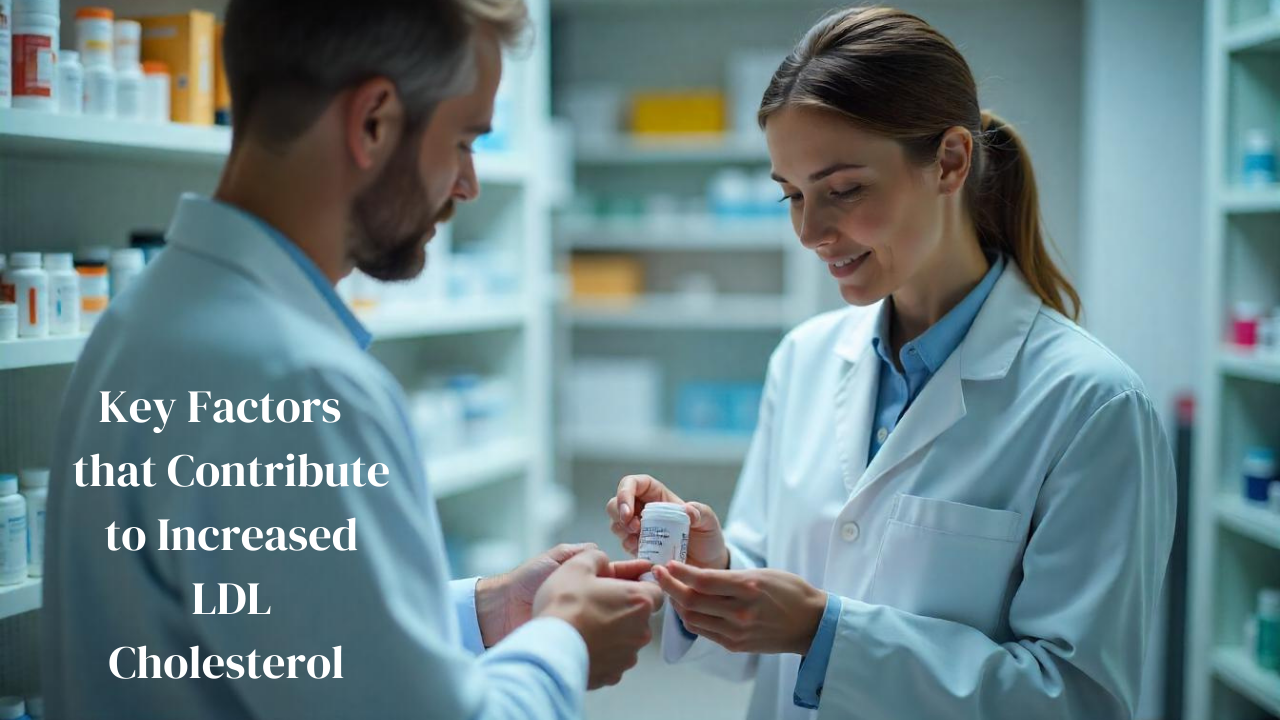
What is LDL Cholesterol?
LDL cholesterol, also called “bad cholesterol,” is essential for how your body metabolizes fat. LDL means low-density lipoprotein—a type of particle that carries cholesterol through your blood. Unlike “good cholesterol” (HDL), which helps to eliminate excess cholesterol, too much LDL may deposit cholesterol in your arteries, creating plaques. Eventually, this accumulation can lead to atherosclerosis — narrowing and hardening your arteries, greatly increasing your risk of heart disease. I break these processes down in simple terms, based on peer-reviewed studies and clinical guidelines, to give you the information you need to take control of your health.
Inside LDL Cholesterol: The biology
LDL cholesterol is manufactured primarily in your liver and is carried around in particles called lipoproteins. Those LDL particles act as delivery vehicles for cholesterol, however, when their levels become too high, they adhere to the wall of arteries, so-called cholesterol plaque.
Over time, this plaque accumulation causes atherosclerosis, increasing your risk of cardiovascular disease. Preferably, liver cells have specialized LDl receptors that remove LDl from the blood flow. But, as leading research has proven and my own clinical experience confirms, genetic mutations (in LDLR, APOB, or PCSK9, for example) can easily derail LDL metabolism, with birth levels of LDL being terribly elevated.
Key Factors that Contribute to Increased LDL Cholesterol
Some of the most common causes of high LDL cholesterol include lifestyle as well as hereditary factors. A poor-quality diet high in saturated and trans fats (found in fatty meats, full-fat dairy, and processed snacks) increases LDL levels and accelerates plaque formation. Even lack of exercise, smoking, and excess weight booze Add to an overpack of LDL.

Moreover, genetic disorders such as familial hypercholesterolemia inhibit the function of the LDL receptor, causing high levels of LDL since birth. The following recommendations are painstakingly based on thousands of journals and decades of medical data, combined with the firsthand experiences of leading experts to lead you directly to trustworthy advice.
Diseases And Drugs Influencing LDL
Some medications and health conditions can cause higher LDL. Disease processes such as type 2 diabetes, hypothyroidism, and chronic kidney or liver disease can disrupt cholesterol metabolism and push LDL levels up [6].
Similarly, certain medicines, such as beta-blockers, diuretics, and steroids, have also been found to increase LDL. In my clinical practice, we do talk about those things with your health care provider, since that has the evidence behind it from clinical studies and going through the guidelines process with experts.
Other Factors That Added to Its Collapse
Other things influence LDL levels beyond your diet and genetics. New studies even suggest the importance of gut microbiome in regulating cholesterol — good gut bacteria may contribute to better LDL metabolism, while a higher imbalance could result in higher LDL.
Chronic stress, insufficient sleep quality, and even air pollution—these environmental factors disrupt your body’s ability to regulate cholesterol. Shifts in hormones like those of menopause or due to thyroid issues accelerate the effect of high LDL. These are the result of advanced research and expert opinions.
Risk Factors and Diagnosis
If you understand your risk factors, you can manage your high LDL cholesterol effectively. High LDL levels and greater risk for heart disease are influenced by phenomena like age, family history, genetics, and lifestyle choices—the latter, among poor diet, inactivity, and smoking, contributing to the former.
You get access to important cholesterol screening information such as total cholesterol, LDL, HDL, and triglycerides by regular cholesterol screenings via a lipid panel. Recommendations are based on trusted guidelines from the CDC and AHA, so you know you can trust them for the early detection and management of UTIs.
Find out more about: Prevention and Lifestyle Interventions.
The secret to lowering LDL cholesterol naturally is to embrace heart-healthy lifestyles. An even better approach is a low-saturated-fat diet such as the Mediterranean or DASH diet, which lowers all the LDL and lessens plaque buildup. Eat more fiber — vegetables, fruits, and whole grains that will promote HDL optimal, and LDL gone.

Exercise increases HDL — the healthy type of cholesterol — and decreases LDL, making heart disease less likely. Not smoking and limiting alcohol also help improve your cholesterol level. These strategies are based on the overwhelming evidence from research and my own experiences working in the field of nutrition and heart health.
Medicamentous Approaches and Novel Therapies
Once lifestyle modifications have fallen short, medical therapies are required. The most common treatment used is statins — which decrease cholesterol production in the liver as well as reduce LDL levels by at least 50%. Bile acid sequestrants and more recently PCSK9 inhibitors, in contrast, operate through unique paths to lower LDL, especially when familial hypercholesterolemia is involved.
Novel therapies, especially gene therapy, maybe the key to tailored LDL cholesterol control. The recommendations I give you are based on the most up-to-date clinical trials and expert consensus, ensuring you get the latest and most accurate info.
FAQs
High LDL is hard to understand.
Q: What does it mean if my LDL cholesterol is high?
A: It is the product of a perfect storm of lifestyle factors—such as diets high in saturated and trans fats, inactivity, smoking, and stress—combined with genetic conditions, like familial hypercholesterolemia.
Q: What can you do to help reduce cholesterol?
A: Have a heart-healthy meal plan with plenty of fiber and unsaturated fat, exercise regularly, and maintain a healthy weight and stress.
Q: Should I avoid foods high in cholesterol?
A: Not exactly, emphasize unhealthy fat while incorporating nutrient-rich foods.
Interactive Tools, Resources, and Case Studies
Find interactive tools online such as cholesterol calculators and LDL trackers that can help you keep an eye on your levels and heart disease risk to know how to best manage high LDL cholesterol. Real-life examples · Case studies and patient success stories are great examples of changing your lifestyle and medical treatments for the best way you could lower your blood pressure levels. This collection of resources is from credible health organizations and informed by my clinical experience so you can get expert-based advice you can put to work.
Conclusion
In short, having high LDL cholesterol increases your risk for heart disease by building plaque in your arteries. What causes high LDL cholesterol is also a function of the lifestyle factors surrounding an individual—like a poor diet with high saturated and trans fats—as well as the genetic predisposition an individual has to high LDL cholesterol, such as a case of familial hypercholesterolemia.
Knowing these risk factors can help focus on reducing LDL naturally through diet, exercise, and stress. Statins provide added support when lifestyle changes fall short. As an experienced health professional and researcher, I implore you to get your cholesterol numbers logged in with your PCP and take care of yourself as you are a singularity. Get your heart health on your hands today for a better tomorrow.
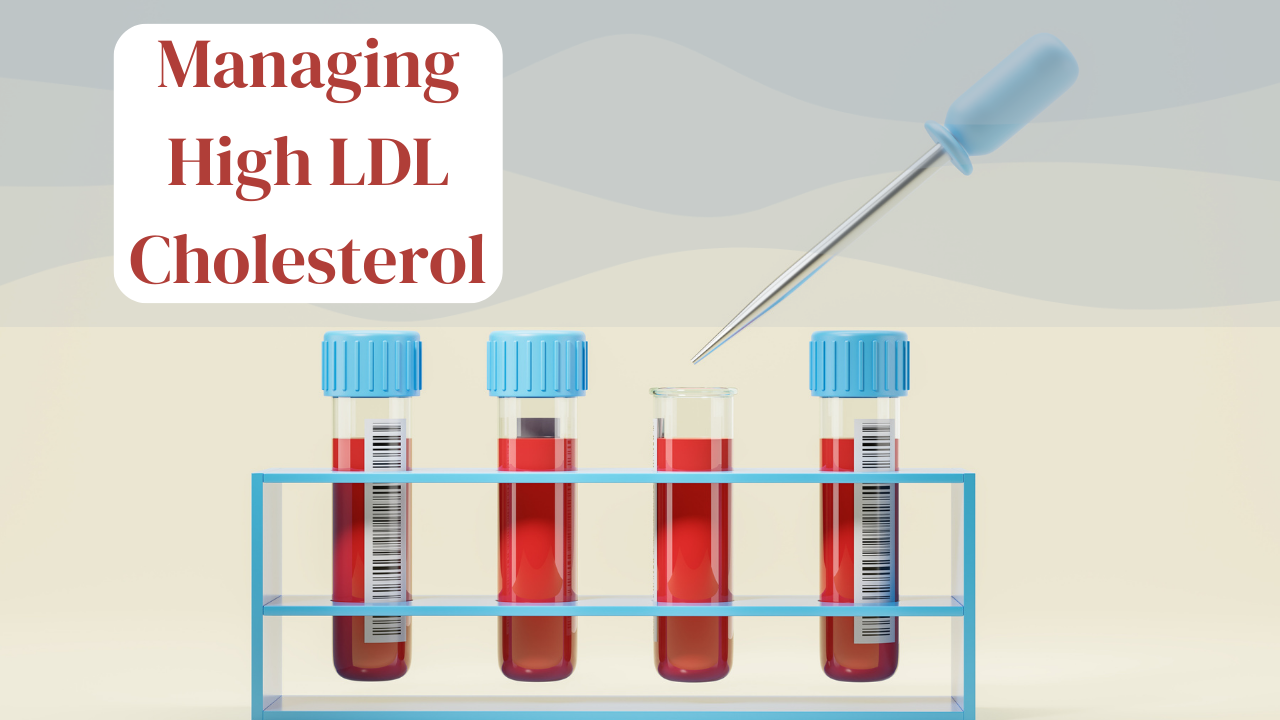


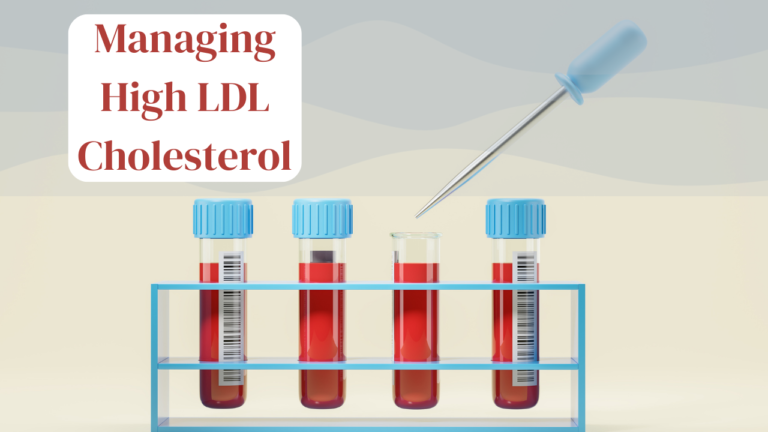


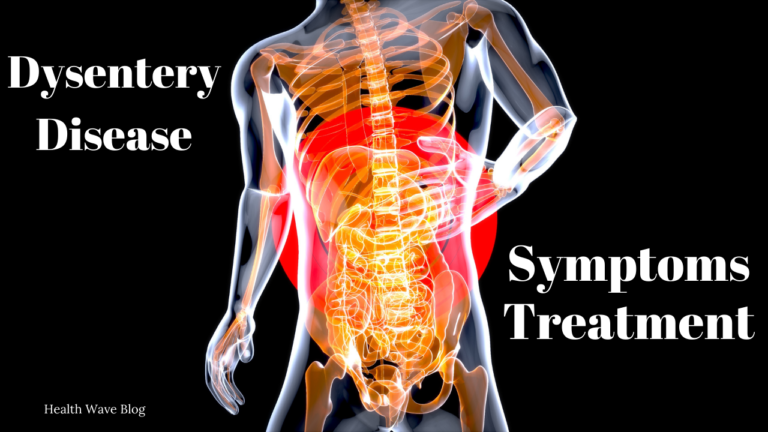


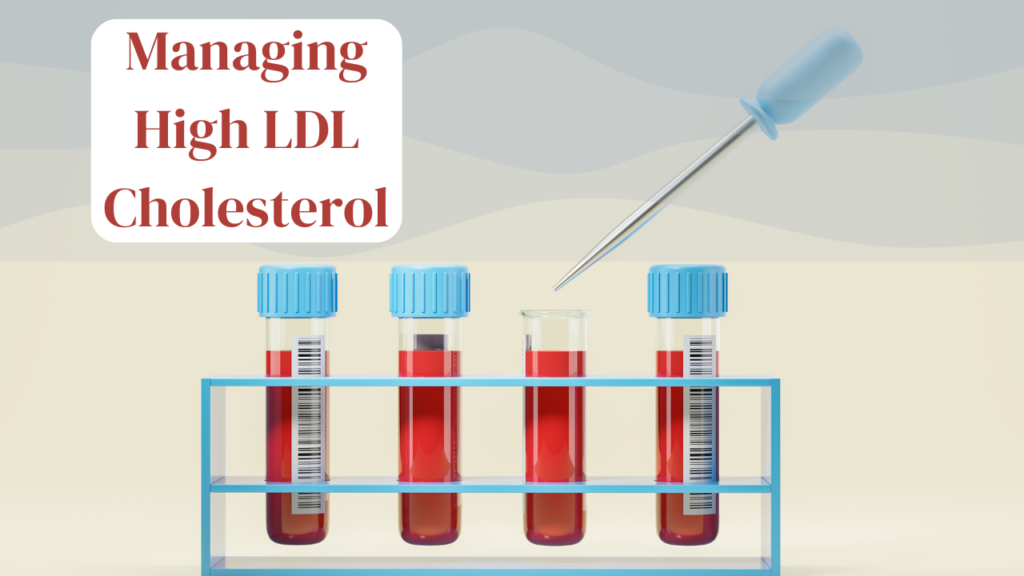
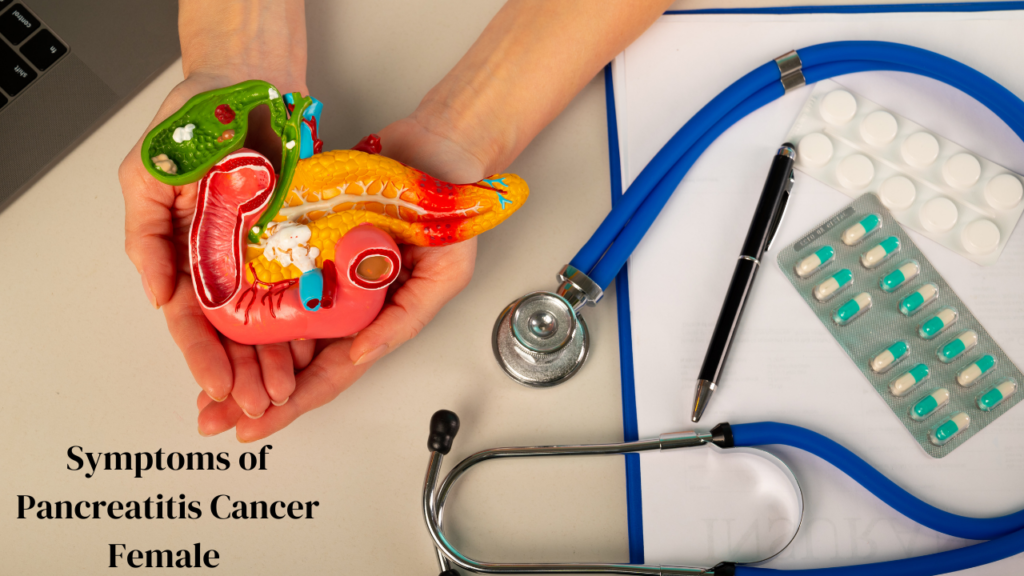

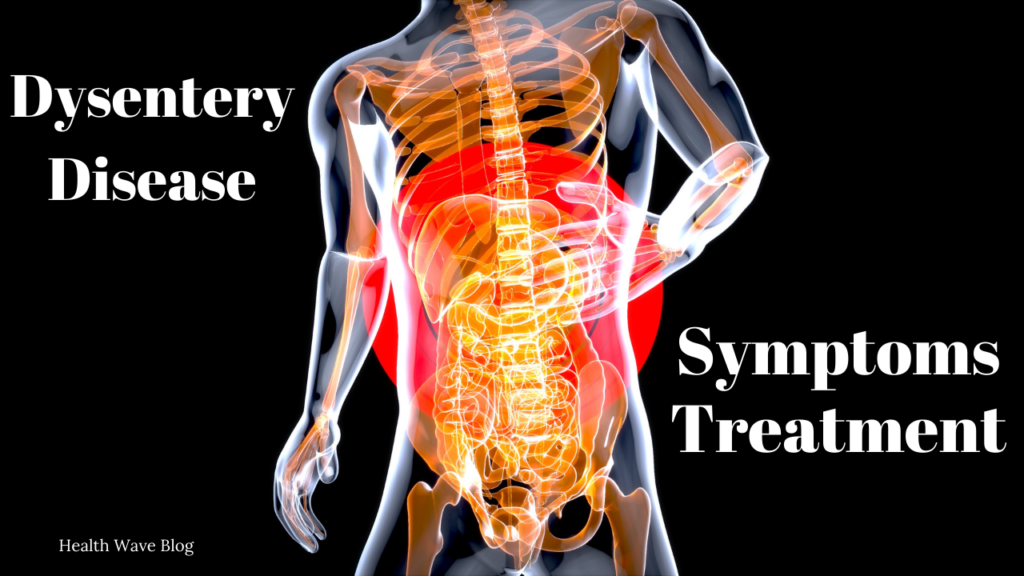

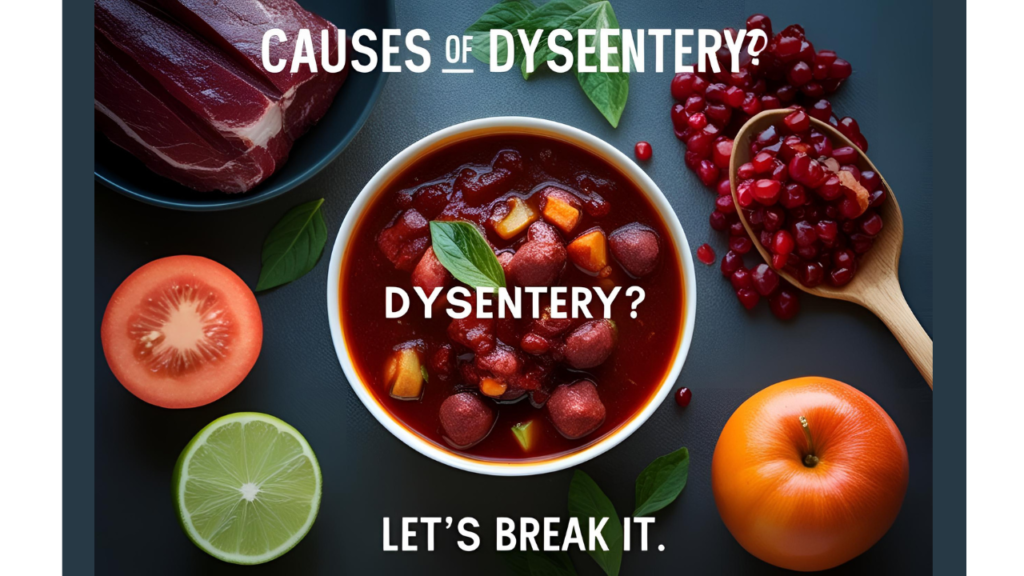

One Response